A new study analyzing nearly two decades of social media discourse reveals key insights into the lived experience of people with irritable bowel syndrome (IBS). The findings published in Scientific Reports highlight the growing role of social media platforms in facilitating peer support and information sharing.
Advertisement
Dr. Sara Tolaney explores how DESTINY-Breast09 may reshape first-line treatment in HER2+ metastatic breast cancer.
New research shows stem cell-derived apoptotic vesicles may ease IBS by restoring brain-gut balance via the 5-HT pathway.
AI and graph models reveal how Suhuang herbs target lung tissues, blending TCM theory with molecular science.
Rising colorectal cancer rates in young adults highlight the urgent need for precise screening and polyp management.
A recent study from Bangladesh highlights FIT as a cost-effective, noninvasive tool for early colorectal cancer screening.
Dr. Mark Robson discusses PARP inhibitors in TNBC, including mechanisms, combos, biomarkers, and treatment sequencing.
Research showed a link between SARS-CoV-2 infection and greater CKD risks and other kidney outcomes.
ChatGPT shows limited accuracy and consistency in breast cancer care, highlighting the need for expert clinical judgment.
DocWire Content Partners
Advertisement
Powered by DocWire News
The Latest From GI Oncology Now
Suvemcitug, envafolimab, and FOLFIRI may serve as a new second-line treatment option for cold tumors.
KRASG12C inhibitors can have reduced efficacy in patients with alterations in KRAS, EGFR, and other genes.
Complete responders with HCC have prolonged survival and durable disease control even after therapy has been discontinued.
The primary objective of median PFS was significantly longer for patients treated with 177Lu-edotreotide.
The safety profile of the combination was consistent with known profiles, and no new safety findings were observed.
Older patients in their 70s with extrahepatic CCA have a higher rate of choledocholithiasis.
The Latest From Heme Today
In a cohort of adults and adolescents marstacimab produced bleed control superior to that from on-demand bypassing agent.
The agent notably in preclinical studies has accomplished increased HbF without any evident cytotoxicity.
The phase 3 VERONA trial, which compared this combination with placebo plus azacitidine, observed no new safety signals.
Dr. John Gansner and Dr. Martina H. Slingsby argue this new agent can provide benefit across all bleeding disorders.
Heme Today spoke with Ulrike Reiss, MD, and Andrew Davidoff, MD, of the trial's investigator team.
Gene therapy is reshaping sickle cell care, raising awareness and advancing treatments beyond the lab.












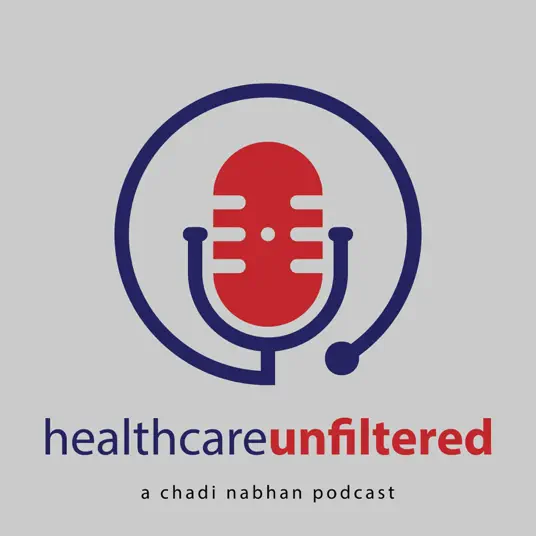

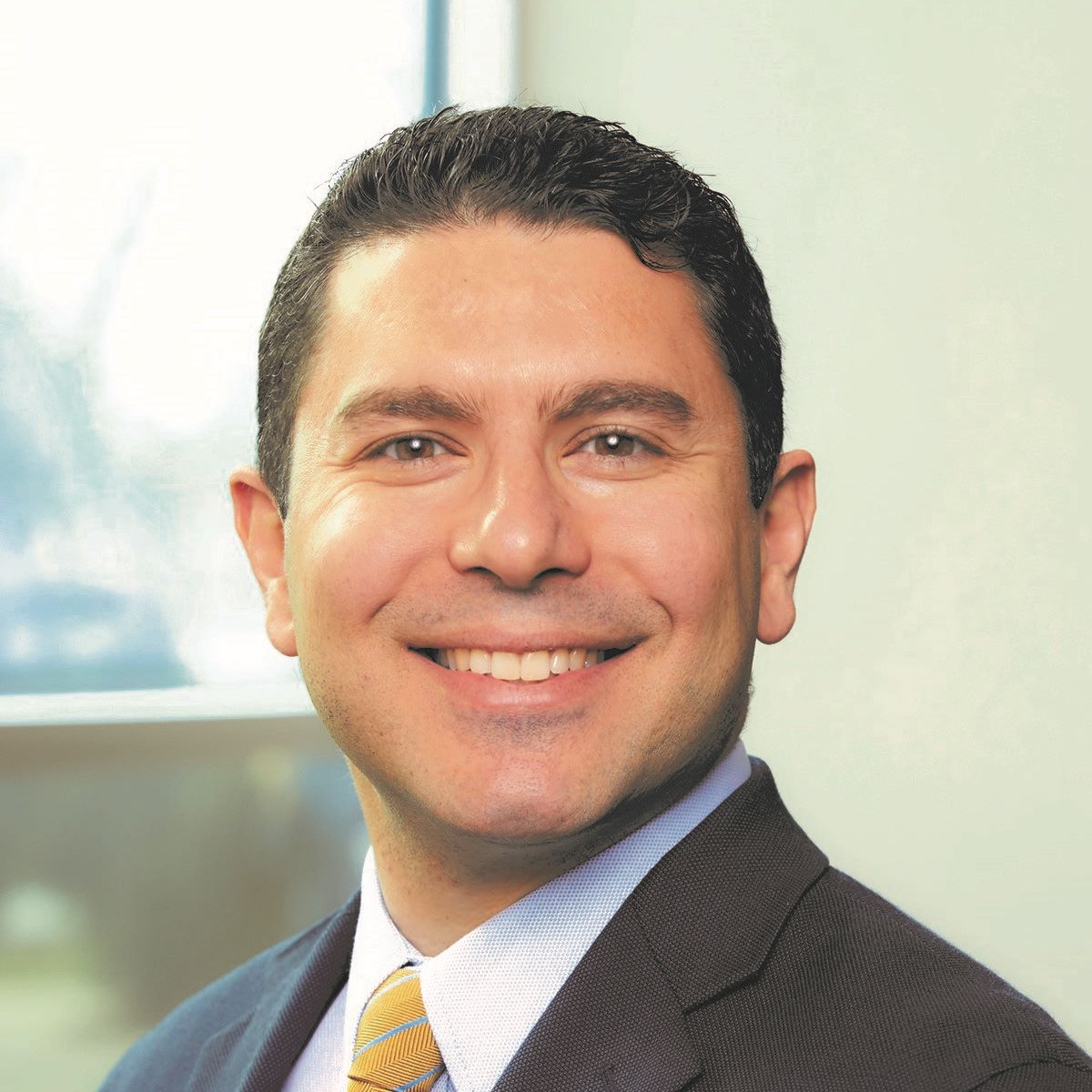












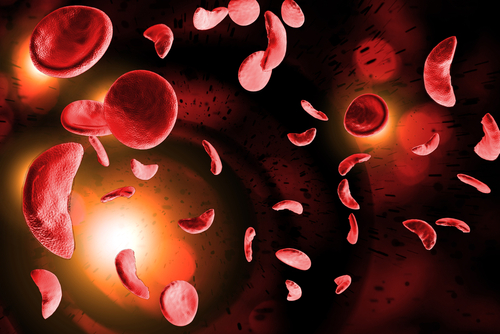
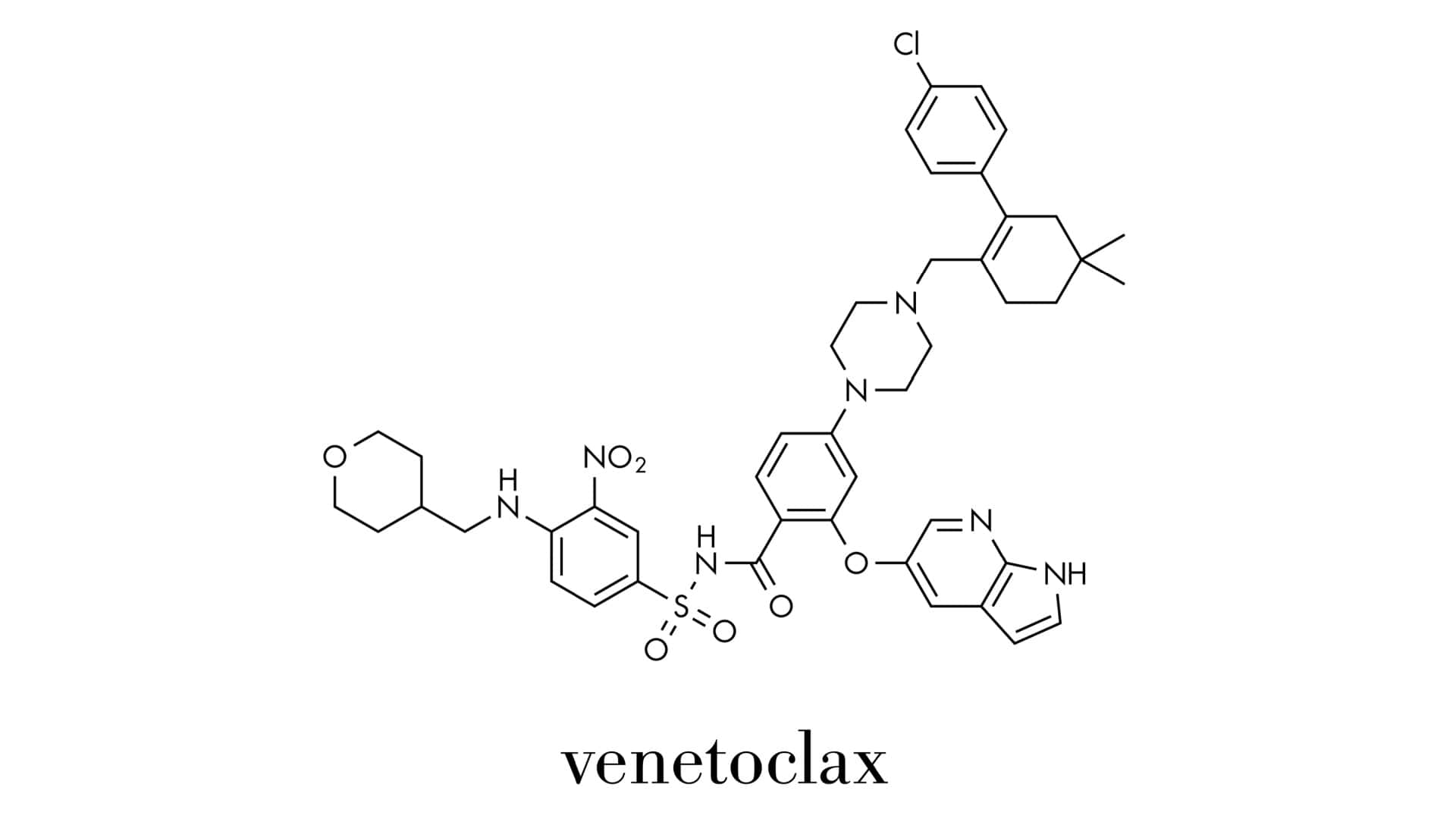
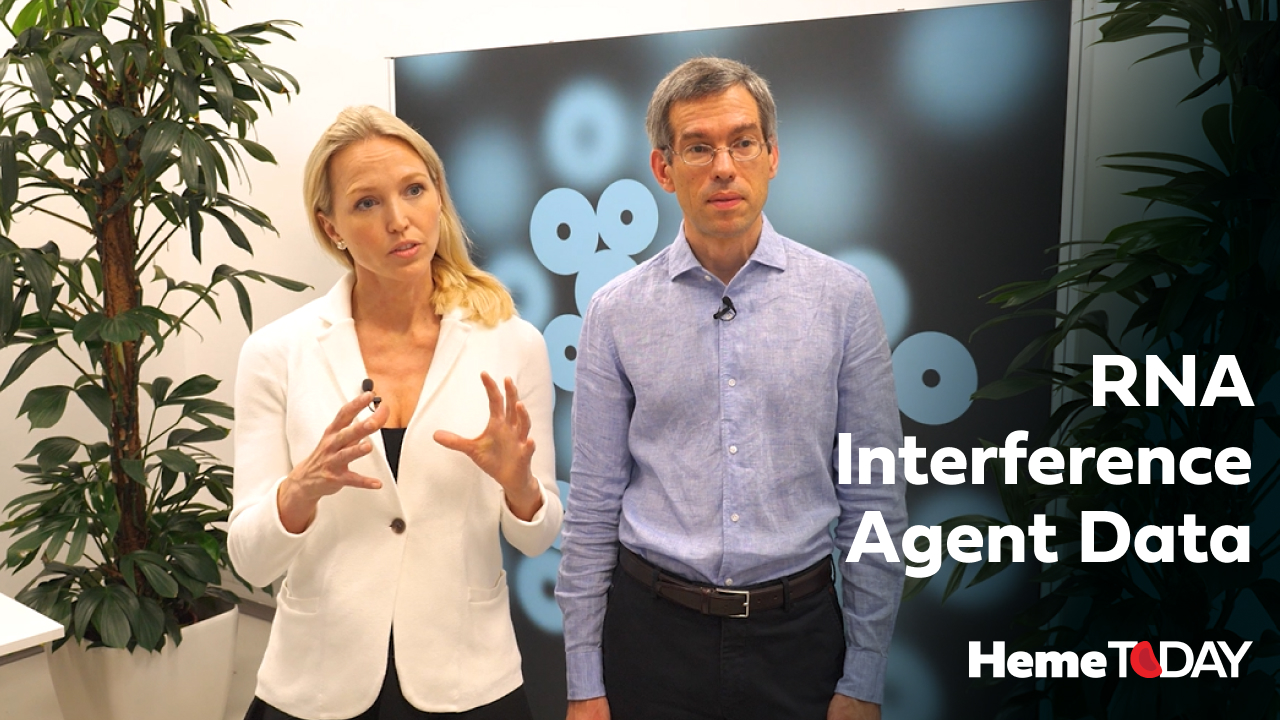
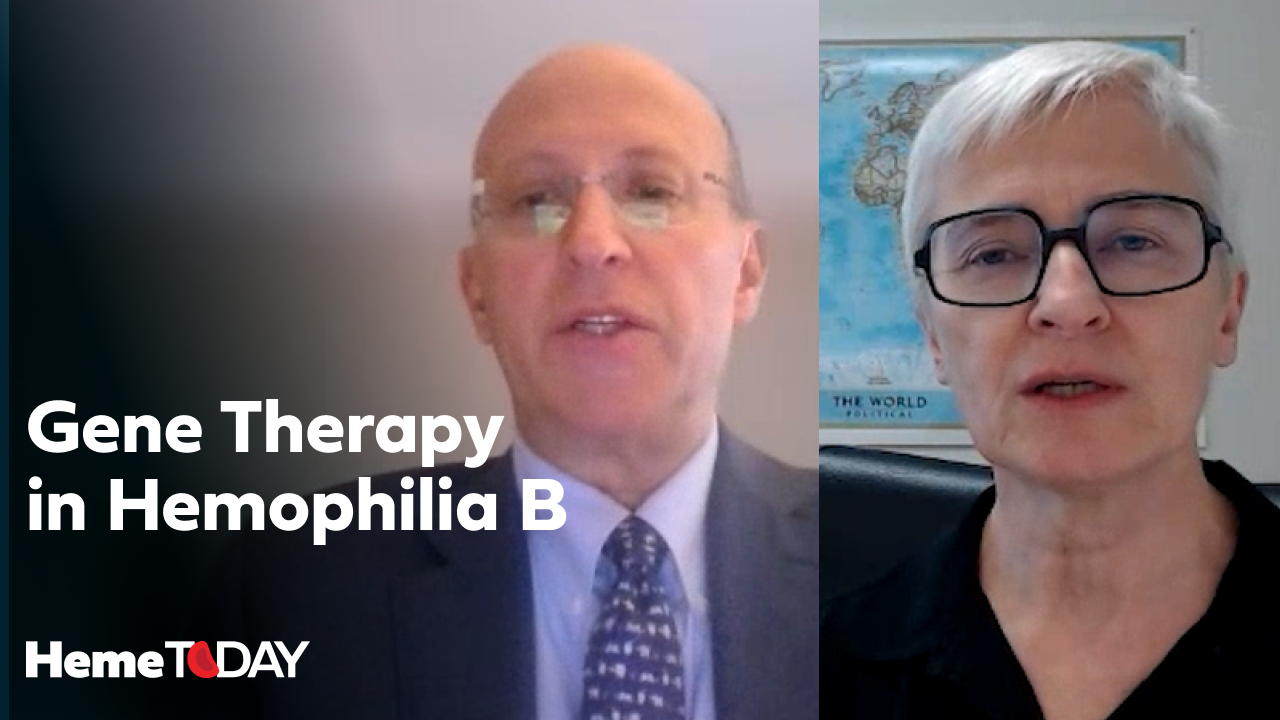
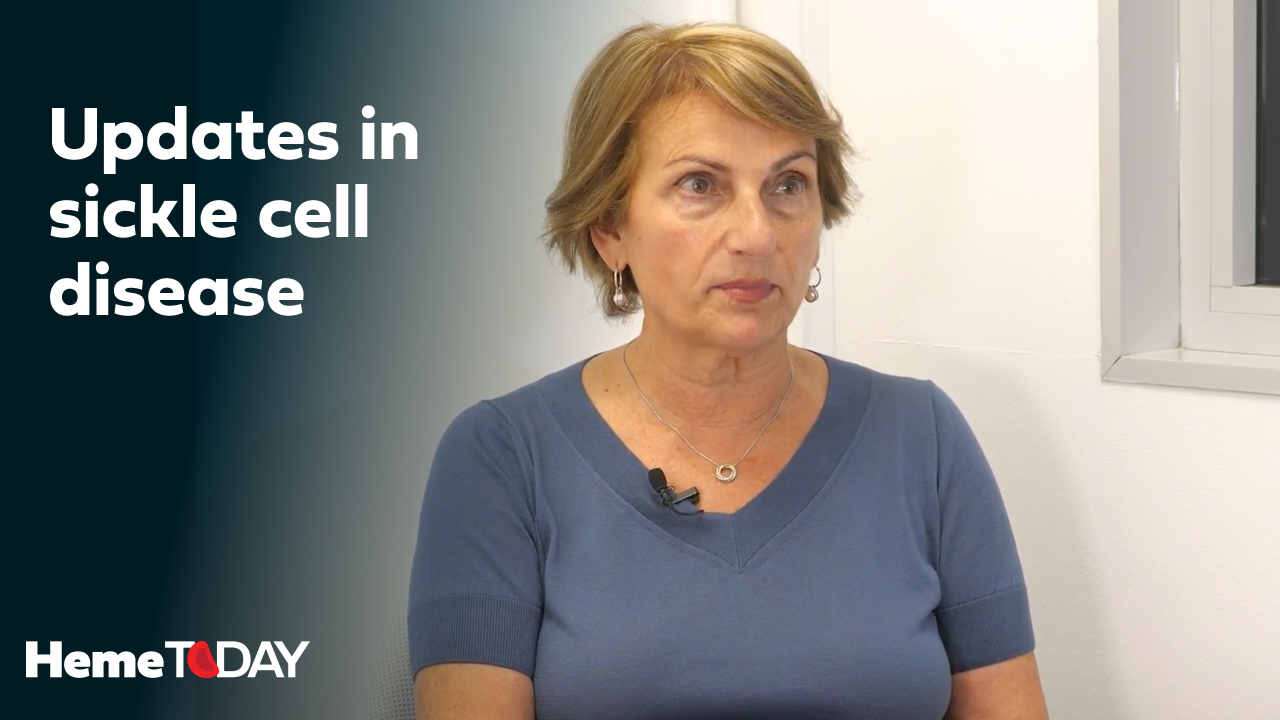






 © 2025 Mashup Media, LLC, a Formedics Property. All Rights Reserved.
© 2025 Mashup Media, LLC, a Formedics Property. All Rights Reserved.